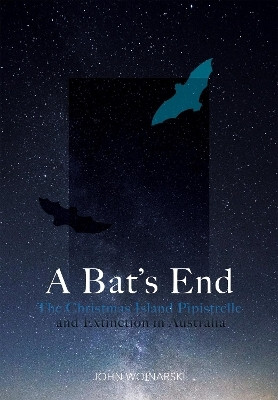A Bat's End(English, Paperback, Woinarski John)
Quick Overview
Product Price Comparison
It is the evening of 26 August 2009 on Christmas Island. The last known pipistrelle emerges from its day-time shelter. Scientists, desperate about its conservation, set up a maze of netting to try to catch it. It is a forlorn and futile exercise - even if captured, there is little future in just one bat. But the bat evades the trap easily, and continues foraging. It is not recorded again that night, and not at all the next night. The bat is never again recorded. The scientists search all nearby areas over the following nights. It has gone. There are no more bats. Its corpse is not, will never be, found. It is the silent, unobtrusive death of the last individual. It is extinction. This book is about that bat, about those scientists, about that island. But mostly it is an attempt to understand that extinction; an unusual extinction, because it was predicted, witnessed and its timing is precise. A Bat's End is a compelling forensic examination of the circumstances and players surrounding the extinction of the Christmas Island pipistrelle. A must-read for environmental scientists, policy-makers, and organisations and individuals with an interest in conservation. FEATURES: Fascinating forensic examination of the processes and players involved in the extinction of the Christmas Island pipistrelle bat, including personal accounts of ecologists, administrators and politicians Considers our relationship with nature, and the extent to which we should and do care for nature Uses the Christmas Island pipistrelle bat's extinction as a case study, from which lessons can be learned that will resonate more broadly Examines Australia's environmental law and policy, and provides recommendations to strengthen these Foreword written by Tim Low, renowned Australian environmental consultant and author. "To bear witness to extinctions is painful, and made worse when hardly anyone knows they took place. By exploring one extinction from all angles, John gives Australians the opportunity to know what transpired on that island and to reflect on what it says about our nation's treatment of its wildlife. He tells a powerful and perceptive story, one that should be taken to heart by every Australian."" Tim Low, excerpt from the Foreword.


